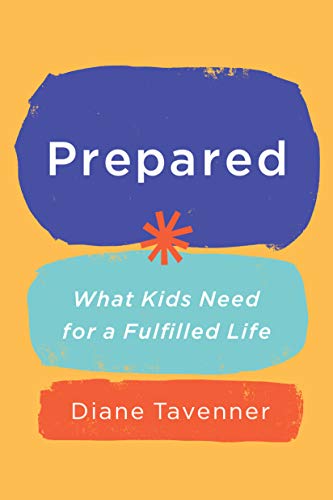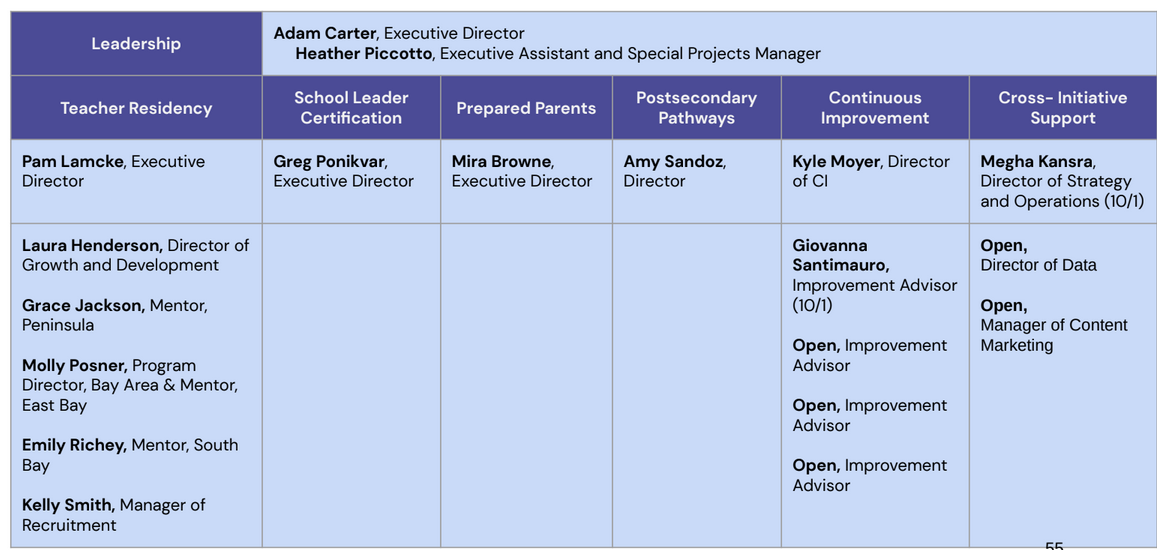Submitted in response to the FTC request for Public Comment on the Implementation of the Children’s Online Privacy Protection Rule
Dec. 11, 2019
https://www.regulations.gov/comment?D=FTC-2019-0054-0001
Federal Trade Commission
Washington, DC 20580
Re: COPPA Rule Review, 16 CFR part 312, Project No. P195404
To the FTC:
The twenty-three organizations we represent, consisting primarily of parents, educators and education advocates in states and districts throughout the country, are very concerned that the FTC is prepared to weaken the Children’s Online Privacy Protection Act (COPPA) by allowing for the expanded collection of personal data directly from children under thirteen, without prior parental notification or consent including in schools.
This would not only contradict the original intent and language of the law, in our view, but would be extremely unwise. As parents, educators, and advocates, we believe that the expansion of digital technologies in schools, especially those that collect data directly from children, serve neither their instructional needs nor their emotional and social well-being.
We also believe that these practices seriously risk children’s privacy, given the increased number of breaches reported by schools and districts throughout the country. Since COPPA was passed in 1998, the use of technology has expanded in schools with insufficient oversight and inadequate security protections. The number of breaches and attacks by criminal hackers has increased, so that now schools are the second-largest victims of ransomware. [1] We are also concerned about the potential monetization of this personal data for marketing and advertising purposes.
In September 2018, the FBI issued a Public Service Announcement, warning that the increased collection of children’s personally identifiable data in schools “could result in social engineering, bullying, tracking, identity theft, or other means for targeting children.”[2]
And despite the protestations of the industry, there is little or no evidence to support the instructional utility of ed tech programs. As John Pane of the RAND Corporation, who has led several studies of schools using online technologies, has said, “the evidence base is very weak at this point.”[3]
Moreover, according to the nationwide surveys of teachers as reported in the Educator Toolkit for Student Privacy, released last year by the Parent Coalition for Student Privacy and the Badass Teachers Organization,[4] more than half of teachers believe that current laws do not sufficiently protect student privacy. Among their top concerns are that too much personal student data is collected and shared with vendors with the risk that it may be monetized, and that as the use of ed tech grows, human interaction and individualism is undermined.
These findings were reinforced by recent surveys undertaken by Education Week, which show that teachers are increasingly doubtful about the use of these educational apps and programs. [5] According to the most recent Ed Week survey, only 33% of teachers said they believe that digital technologies can improve student learning either “quite a lot” or “a great deal.”
At the same time, 72% express strong concerns that “students are spending too much time on screens,” 47% say that the “technology industry is gaining too much influence over public education”, and 38% worry that companies are “collecting too much sensitive student information.”[6]
As Education Week reporter Ben Herold concludes, “Despite continued hype, K-12 educators remain skeptical that new technologies will transform public schooling or dramatically improve teaching and learning. “ [7] Perhaps as a result, according to an earlier Ed Week survey, 33% of teachers have abandoned the classroom use of computers, and 32% have abandoned the use of online games, apps and programs.[8]
A bipartisan group of Senators recently sent a letter to the FTC, urging the Commission not to weaken the privacy protections embedded in COPPA, and to refrain from allowing “exceptions to parental consent requirements around educational technology …. Now is not the time to pull back.”[9]
We wholeheartedly agree. We urge you to continue to uphold the original intent of and meaning of the law and to retain the critical parental consent requirements for the direct online collection of data from children under 13. In fact, we believe that Congress should consider raising the age of consent for the direct online collection of student personal data to age eighteen.
Yours sincerely,
Network for Public Education
Parent Coalition for Student Privacy
Pastors for Children
The Opt Out Florida Network
Public Education Partners (Ohio)
Pueblo Education Coalition
Badass Teachers Association
Arizona Educators United
Texas Kids Can’t Wait
Northwest Ohio Friends of Public Education
New Bedford Coalition to Save Our Schools (NBCSOS)
Indiana Coalition for Public Education – Monroe County
Return To Parental Rights
Gathering Families
Stand For Schools
Northeast Indiana Friends of Public Education
Parents Across America
Ohio BATs
NYS Allies for Public Education
NYC Opt Out
Raise Your Hand for Illinois Public Education
Save Our Schools Arizona
Wisconsin Alliance for Excellent Schools
______________
Endnotes
[1] Gross, Natalie. “Ed tech’s growth breeds district IT ‘management nightmare’”, Education Dive, Oct. 3, 2019. https://www.educationdive.com/news/ed-tech-growth-has-bred-district-it-management-nightmare/564280/
[2] Federal Bureau of Investigation, “Education Technologies: Data Collection and Unsecured Systems Could Pose Risks to Students,” I-091318-PSA , Feb. 13, 2018. https://www.ic3.gov/media/2018/180913.aspx
[3] Herold, Benjamin, “What Is Personalized Learning?” Education Week, November 5, 2019. https://www.edweek.org/ew/articles/2019/11/06/what-is-personalized-learning.html
[4] Parent Coalition for Student Privacy and Badass Teachers Organization, Educator Toolkit for Teacher and Student Privacy: A Practical Guide for Protecting Personal Data, Oct. 2018. https://bitly.com/PCSP_EducatorPrivacyToolkit
[5] Education Week Research Center, Teachers and Ed-Tech Innovation: Results of a National Survey, May 2019. https://www.edweek.org/media/tc survey report-final 5.9.19.pdf
[6] Klein, Alyson, “Data: Here’s What Educators Think About Personalized Learning” Education Week,
November 5, 2019. https://www.edweek.org/ew/articles/2019/11/06/data-heres-what-educators-think-about-personalized.html
[7] Herold, Benjamin, “Ed-Tech Supporters Promise Innovations That Can Transform Schools. Teachers Not Seeing Impact” Education Week, April 23, 2019. https://www.edweek.org/ew/articles/2019/04/24/ed-tech-supporters-promise-innovations-that-can-transform.html
[8] Education Week Research Center, May 2019, op.cit.
[9] Senators Markey, Blumenthal, Hawley and Blackburn, Letter to FTC Commissioners on COPPA and Children’s Privacy, Oct. 4, 2019. https://www.markey.senate.gov/imo/media/doc/COPPA%20Letter%20to%20FTC%202019.pdf



